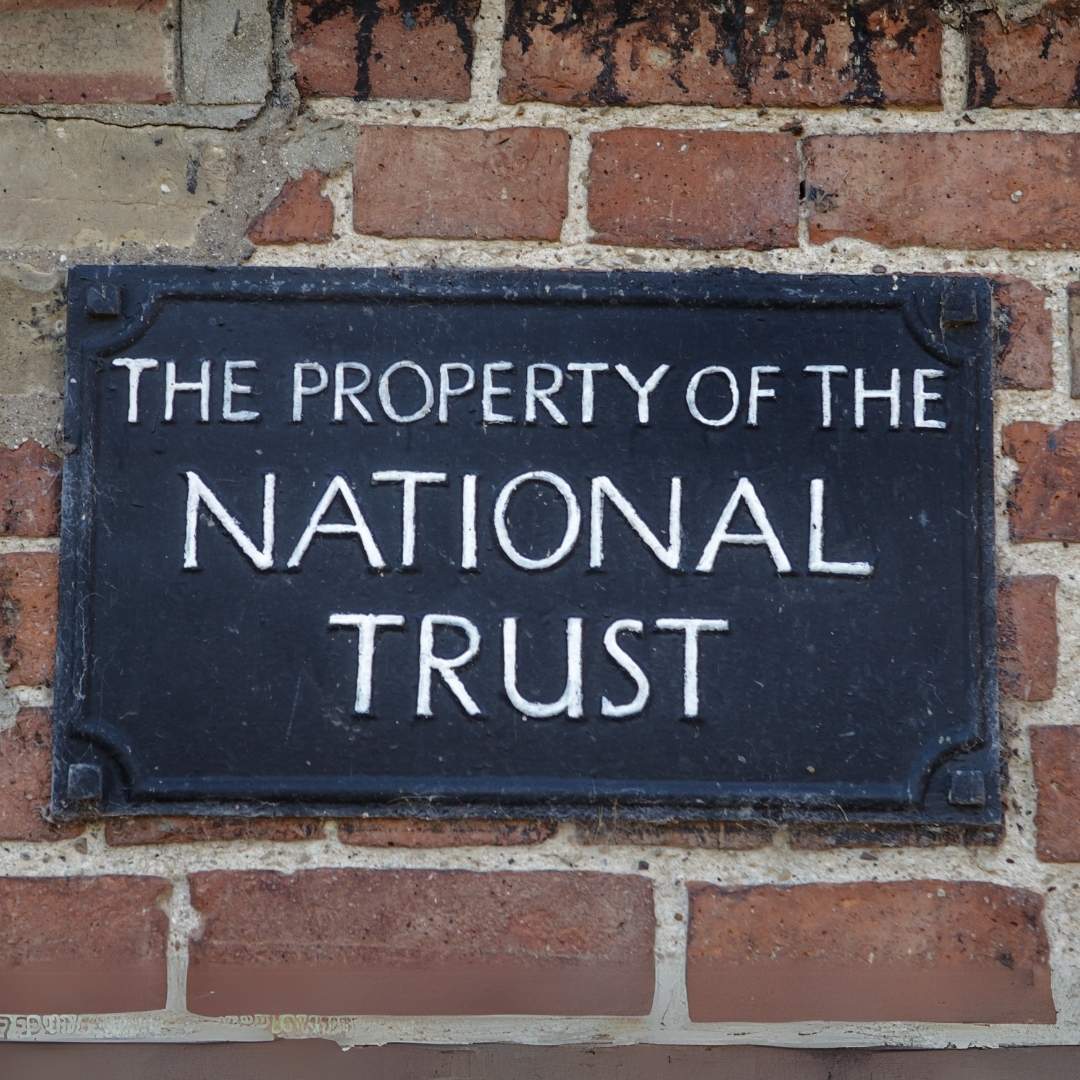
Many people leave money to charity in their Wills. Not only is this an admirable thing to do, it can reduce the amount of Inheritance Tax (IHT) owed when you die.
Over 170,000 charities are registered across England and Wales, covering everything from cats to cancer, children to churches. You may have a particular charity that’s close to your heart. Or you might choose a big national charity to fund a medical breakthrough or save a piece of national heritage.
Whichever it is, HMRC will give you certain tax benefits to reward your generosity.
How does giving to charity reduce IHT?
There are a few key things to remember:
- All gifts you leave to a UK-registered charity in your will are exempt from Inheritance Tax.
- The Nil Rate Band is the amount of a person’s estate that is not subject to Inheritance Tax. It is currently £325,000.
- In addition to the Nil Rate Band, there’s also the Residence Nil Rate Band, which applies if you leave a home to your direct descendants. It is currently £175,000.
- Whatever is in a person’s estate above these Nil Rate Bands is classified as the taxable estate.
- The amount of money you leave to charity is deducted from your taxable estate before IHT is calculated.
Here is a worked example:
- John is divorced and has one son
- John’s estate is worth £525,000
- His Nil Rate Band is £325,000 and his Residence Nil Rate Band is £175,000
- Therefore, John’s total allowances before paying IHT amounts to £500,000
- John leaves £25,000 to the Yorkshire Air Ambulance
- He leaves his house (and all his other assets) to his son
- There is no IHT to pay on the legacy of £25,000 he leaves to Yorkshire Air Ambulance
- There is no IHT to pay on the first £500,000 due to the Nil Rate Bands
- No IHT is paid.
These calculations will differ significantly if John was married, or if he was a farmer and could claim Agricultural Relief, or if he left his home to his sister instead of his son, a ‘direct descendant’.
How does giving to charity reduce IHT even more?
If you leave at least 10% of your estate above the Nil Rate Bands to charity, then the IHT rate decreases.
Let’s look at Sally:
- Sally is divorced and has one daughter
- Sally’s estate is worth £650,000
- Her Nil Rate Band is £325,000 and her Residence Nil Rate Band is £175,000
- Therefore Sally’s total allowances before paying IHT amounts to £500,000
- The difference between Sally’s assets: £650,000 and her allowances: £500,000 is £150,000
- IHT is owed at 40% x £150,000 = £60,000.
But if Sally decided to give money to charity at a rate of 10% of the taxable estate, the figures look very different:
- Sally’s estate is worth £650,000
- Her Nil Rate Band is £325,000 and her Residence Nil Rate Band is £175,000
- Sally’s total allowances before paying IHT amounts to £500,000
- The difference between Sally’s assets: £650,000 and her allowances: £500,000 is £150,000. This is her taxable estate
- Sally chooses to leave 10% of £150,000 = £15,000 to Sue Ryder Manorlands
- Her taxable estate is now £135,000
- As Sally has gifted 10% of her taxable estate to charity, her IHT rate drops to 36%
- IHT is owed at 36% x £135,000 = £48,600.
In this way, Sally has paid less tax.
It is important to note that Sally’s beneficiary – her daughter – will inherit slightly less if she chooses to leave 10% of her taxable estate to Manorlands. In the above example:
- If there was no charitable legacy, Sally’s daughter would receive, after tax: £590,000
- If there was a charitable legacy, Sally’s daughter would receive, after tax: £586,400.
Leaving a significant legacy is a good way of reducing IHT, and a fantastic way to ensure the causes you love are supported. But the beneficiary will receive slightly less money in most cases.
IHT can be surprisingly complicated. It’s always useful getting expert advice on how to pass on your assets, ensure your Will is laid out exactly as you want it to avoid unintended consequences, and to fund your favourite charities rather than HMRC.
If you need further information please contact Lois Di Vito on 01756 692869 or email lois.divito@awbclaw.co.uk.
Read more …
A will written on the back of two food boxes. Is it valid?
If you’re separated, not divorced, you REALLY should have a will
28 April 2025


